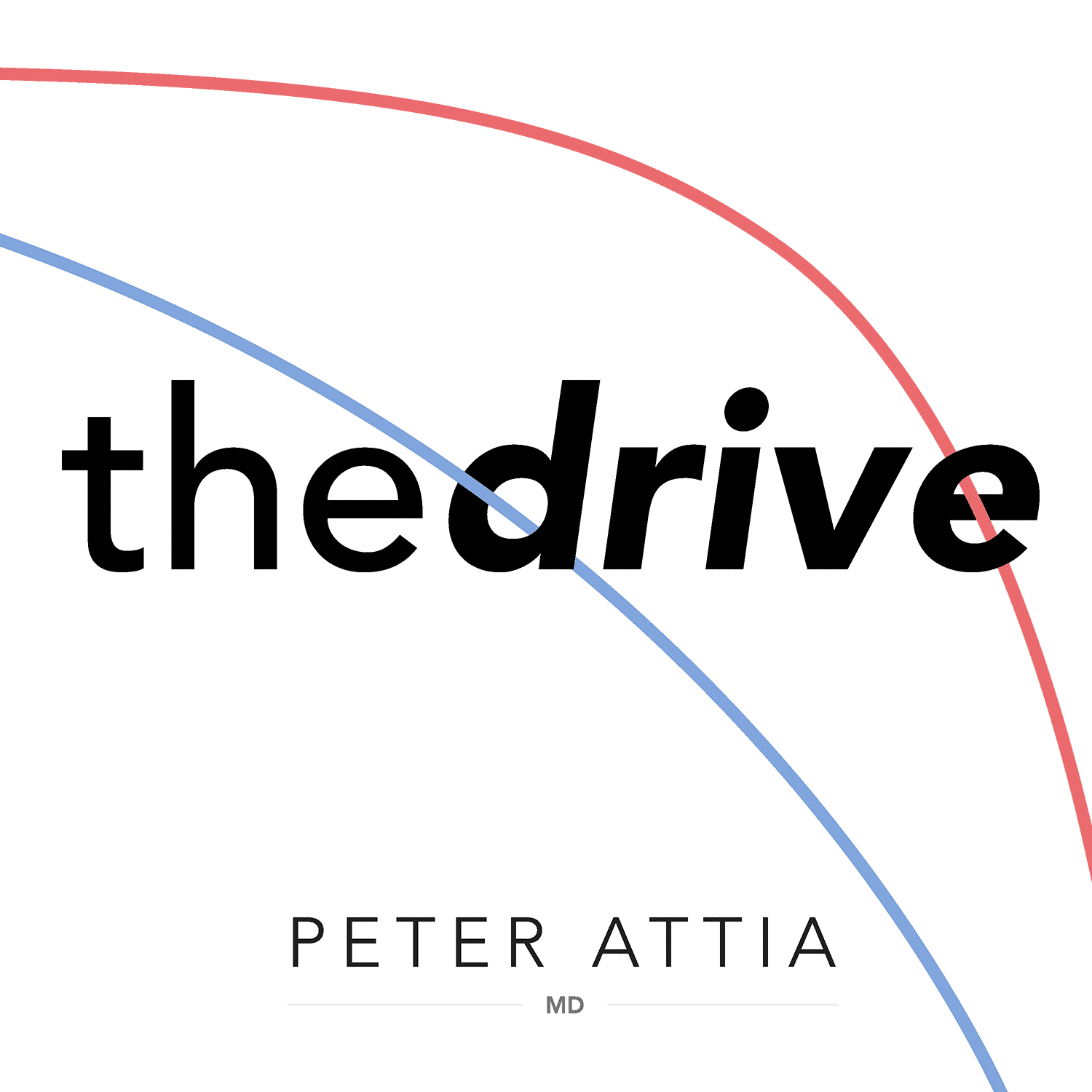
#95 - Luke Bennett, M.D.: The emotional, cognitive, and physical demands that make Formula 1 a unique and special sport
Mar 02, 20 | 01:38:31
In this episode, Luke Bennett, Medical and Sports Performance Director for Hintsa Performance, explains the ins and outs of Formula 1 with a focus on the behind-the-scenes human element, and what makes it so emotionally, cognitively, and physically demanding for the drivers as well as the many team members. Luke first talks about his fascinating background with the Royal Flying Doctor Service in Australia, which lead to his current position with Hintsa working closely with F1 drivers to improve their health and performance despite jet-lag and sleep constraints due to an unrivaled travel schedule. Luke also sheds light on the underappreciated level of sheer physical strength and endurance it takes to drive an F1 car combined with the extreme cognitive aptitude, spatial awareness, and ability to navigate a socially complex environment that is needed to be successful as a driver. Additionally, Luke gives an overview of how the F1 season and races work, the incredible advances in car technology and safety measures, and what Luke and Hintsa hope to bring in the near future to the unique and special sport that is Formula 1.
We discuss:
- What it’s like to be a “flying doctor” in Australia, and how Luke ended up working in Formula 1 with Hintsa [3:10];
- Behind the scenes of Formula 1—crazy travel, jet lag, massive teams, and fascinating human storylines [10:45];
- The incredible physical strength and cognitive aptitude needed to be a F1 driver [19:00];
- The technological leap to hybrid electric engines [29:30];
- The trend towards younger drivers in F1 [32:30];
- Advancements in safety—the history and recent upgrades [36:00];
- How Hintsa manages the athletes through the incredible social complexity of the sport [41:45];
- Explaining the difference between F1, F2, F3, and F4, and the path to reaching the F1 [47:30];
- Comparing F1 in the 60s & 70s to today—Incidences of deaths, number of crashes, physicality of driving, new regulations, and more [53:45];
- Women in F1—Past, present, and future [1:06:10];
- How F1 teams manage their cars and engine over the season, & some new regulations coming in 2021 [1:09:15];
- What insights has Luke taken from his time as a triathlete to working with F1 drivers? [1:12:50];
- How Luke survived cancer, and gained an increased sense of empathy [1:15:45];
- How Luke manages his health against the brutal travel and lifestyle that comes with working in Formula 1 [1:19:40];
- New training techniques, technology to monitor the physiology of drivers, and other things Luke is hoping to bring to Formula 1 [1:22:40];
- How long does it take a driver to learn a new circuit? [1:27:45];
- The incredible emotional control needed to be a successful F1 driver [1:30:00];
- Which F1 teams are showing signs of competing in future seasons? [1:32:15]; and
- More.
Learn more: https://peterattiamd.com/ Show notes page for this episode: https://peterattiamd.com/lukebennett Subscribe to receive exclusive subscriber-only content: https://peterattiamd.com/subscribe/ Sign up to receive Peter's email newsletter: https://peterattiamd.com/newsletter/ Connect with Peter on Facebook | Twitter | Instagram.